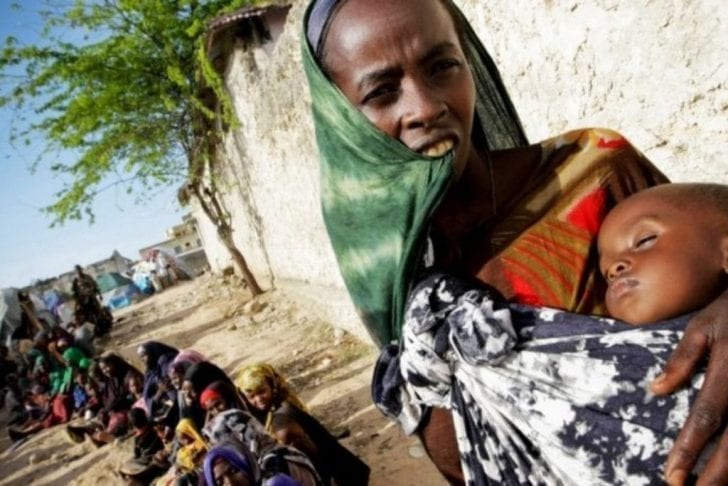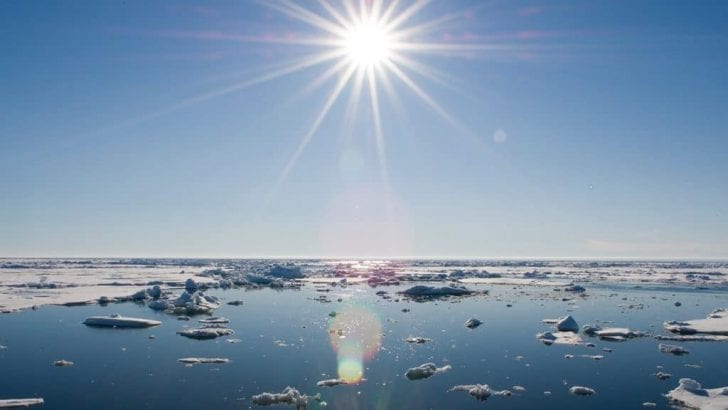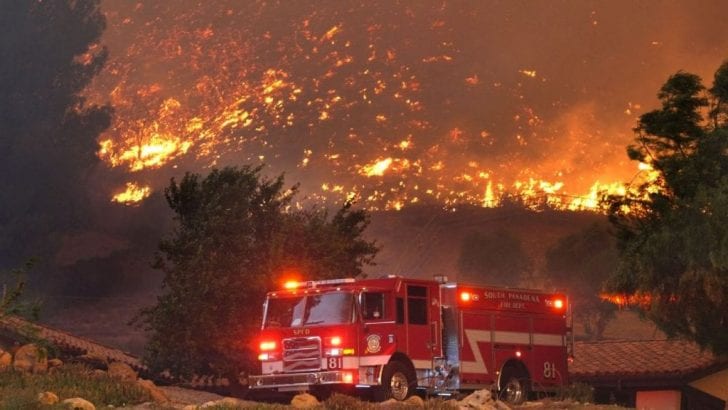Remember when Alfred Henry Lewis said that the only thing keeping humans from killing each other is food? The American journalist wasn’t too far from the truth and we’re starting to see how the next war could thrust us into real-life hunger games.

Famines and Wars
The clues have been there all along, and they’ve been scattered across history books. Now new historic research is proving a direct correlation between natural disasters like famines with global wars.
Just one look at the history of China will shed more light on this hypothesis, proving that hunger can actually cloud our judgment and ability to think rationally.
In the case of a famine, hundreds of thousands, or even millions, are left to fight it out for survival, which is the natural human instinct in a time of crisis.
Now with climate change looming over the horizon, the possibility of a war isn’t that improbable, and unlike popular belief, the next one will most likely be fought for survival instead of power.

The research highlights the urgency to curb global warming that is wreaking havoc on our environment and the planet. The occurrences of extreme weather conditions and natural disasters like floods, volcano eruptions, wildfires and more are a looking glass into the planet’s horrifying future.
Another War on the Horizon?
Researchers have proven time and time again that these natural disasters will only get more prevalent as time goes by if we don’t put an end to excessive greenhouse gas emissions.
Scientists are also concerned about the socio-economic impact of these natural threats, especially after observing the current tensions in Syria which were likely brought upon by a severe drought in the region, leading to an uprising against the country’s government.

If there is any truth to this correlation, this could mean that a disaster-prone zone like California could also be at the risk of conflict outbreaks.
However, many argue that California has greater immunity against such outcomes since it is one of the richest states in the world.
Californian residents have enough means to protect themselves against environmental shocks like the recent wildfires that wiped out many neighborhoods in the zone.
But in other less privileged parts of the world, there is a greater risk of conflict once the global climate problems begin to exacerbate over time.




